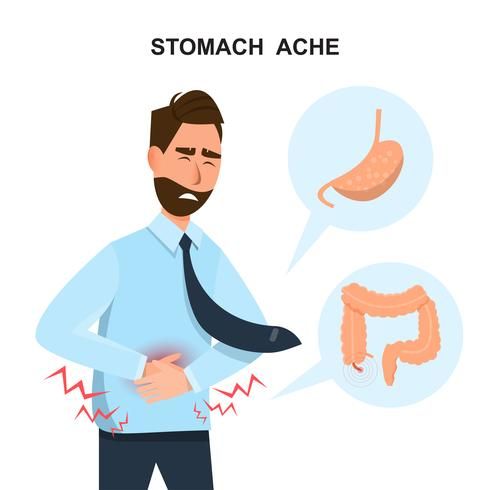Pakiet badań “Diagnostyka przewodu pokarmowego”
365,00 zł
Umów się na pobranie krwi tel. 606 548 883 lub umów się w aplikacji HomeLab24
Opis
Badania w tym pakiecie wykonywane są w ostrych i przewlekłych bólach w okolicy jamy brzusznej, nudnościach, wymiotach i biegunkach.
- Morfologia – badanie, które pozwala ocenić ogólny stan zdrowia w oparciu o liczbę i wygląd różnych typów komórek krwi, tj. czerwonych, białych oraz płytek (odpowiedzialnych za krzepliwość krwi). Wiele chorób powoduje na tyle wyraźne zmiany w morfologii krwi, że badanie to może być podstawą do rozpoznania m.in. anemii infekcji wirusowych lub bakteryjnych, niedoborów odporności, zaburzeń krzepnięcia oraz wielu innych.
- OB – badanie pomagające ocenić ogólny stan zdrowia oraz pozwala rozpoznać i monitorować przebieg ostrych i przewlekłych stanów zapalnych.
- Mocz badanie ogólne – badanie to jest cennym źródłem informacji o stanie nerek i ewentualnym zakażeniu układu moczowego lub moczowo-płciowego
- Próby wątrobowe (AspAt, AlAt, GGTP, fosfataza zasadowa)- zestaw badań całościowo odzwierciedlających funkcje wątroby i dróg żółciowych.
- Mocznik – podwyższone wyniki wskazują na niewydolność nerek, zaburzenia metaboliczne bądź odwodnienie organizmu.
- Amylaza, Lipaza – badanie istotne w diagnostyce chorób trzustki
- Proteinogram – badania pomocne w diagnostyce zaburzeń układu odpornościowego, chorobach nowotworowych i dysfunkcji wątroby.
- Badanie ogólne kału – badanie w kierunku obecności pasożytów m.in. owsiki, glisty czy tasiemiec. Choroba wywołana pasożytami może objawiać się: bólami brzucha, brakiem apetytu, chudnięciem, nudnościami czy anemią.
- Badanie w kierunku Giardia lamblia – (metodą ELISA)badanie w kierunku choroby wywołanej zarażeniem pierwotniakiem Gardia lamblia
- Krew utajona (bez diety) – badanie, które pozwala na wykrycie krwawienia z układu pokarmowego. Badanie profilaktyczne we wczesnym wykrywaniu nowotworów przewodu pokarmowego
- CRP – wskaźnik stanu zapalnego w organizmie. Występuje w przebiegu chorób zapalnych i nowotworowych
- CEA (antygen karcinoembrionalny) – badanie w kierunku nowotworów przewodu pokarmowego m.in. rak jelita grubego, żołądka, trzustki i wątroby.
- AFP (alfa(α)-fetoproteina) – badanie w kierunku raka wątroby, żołądka i dróg żółciowych
- CA 19-9 – (marker nowotworu dróg żółciowych, trzustki) badanie w kierunku raka trzustki, dróg żółciowych i jelita grubego
- Helicobacter pylori Ag
- Bilirubina




